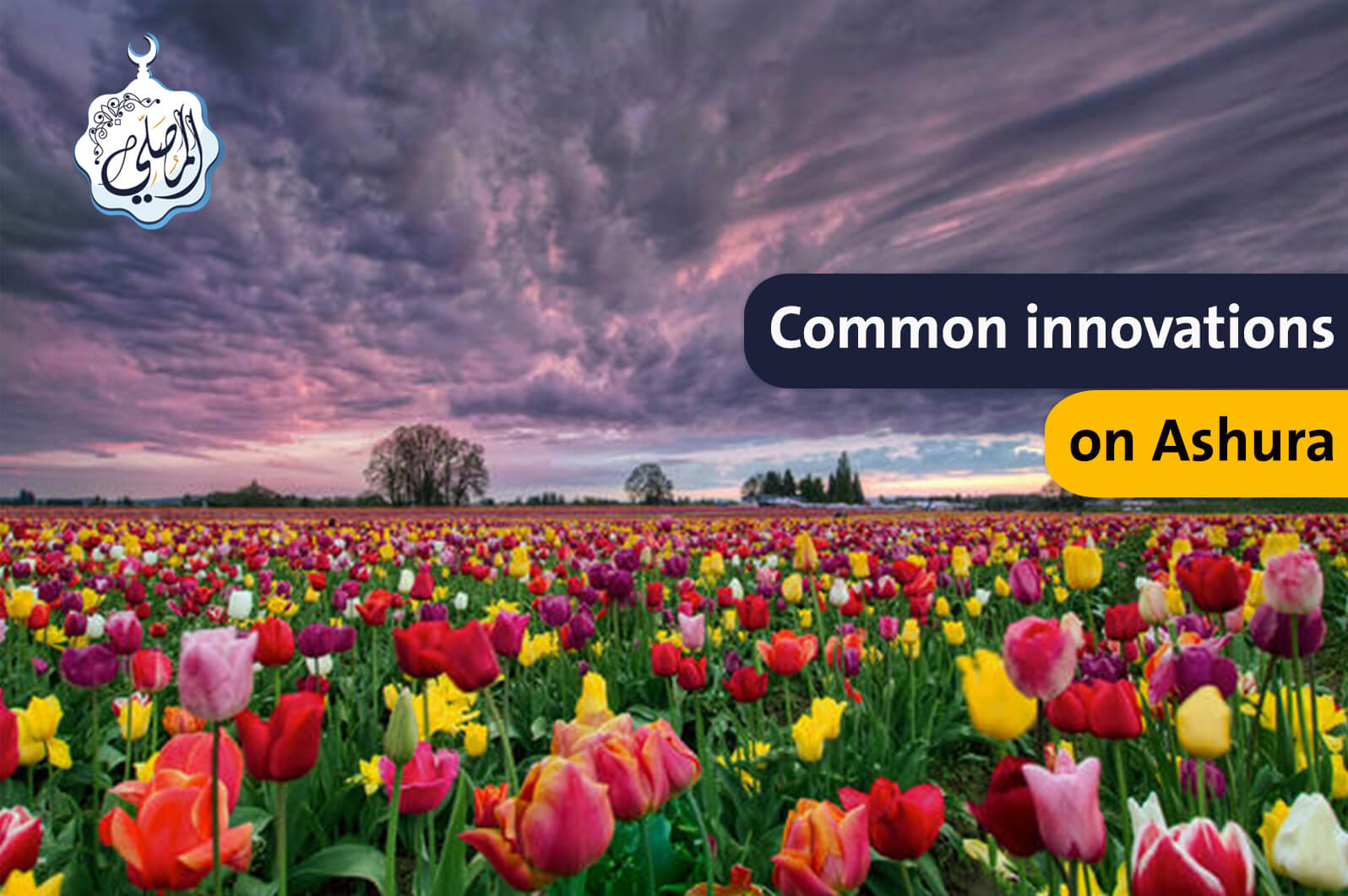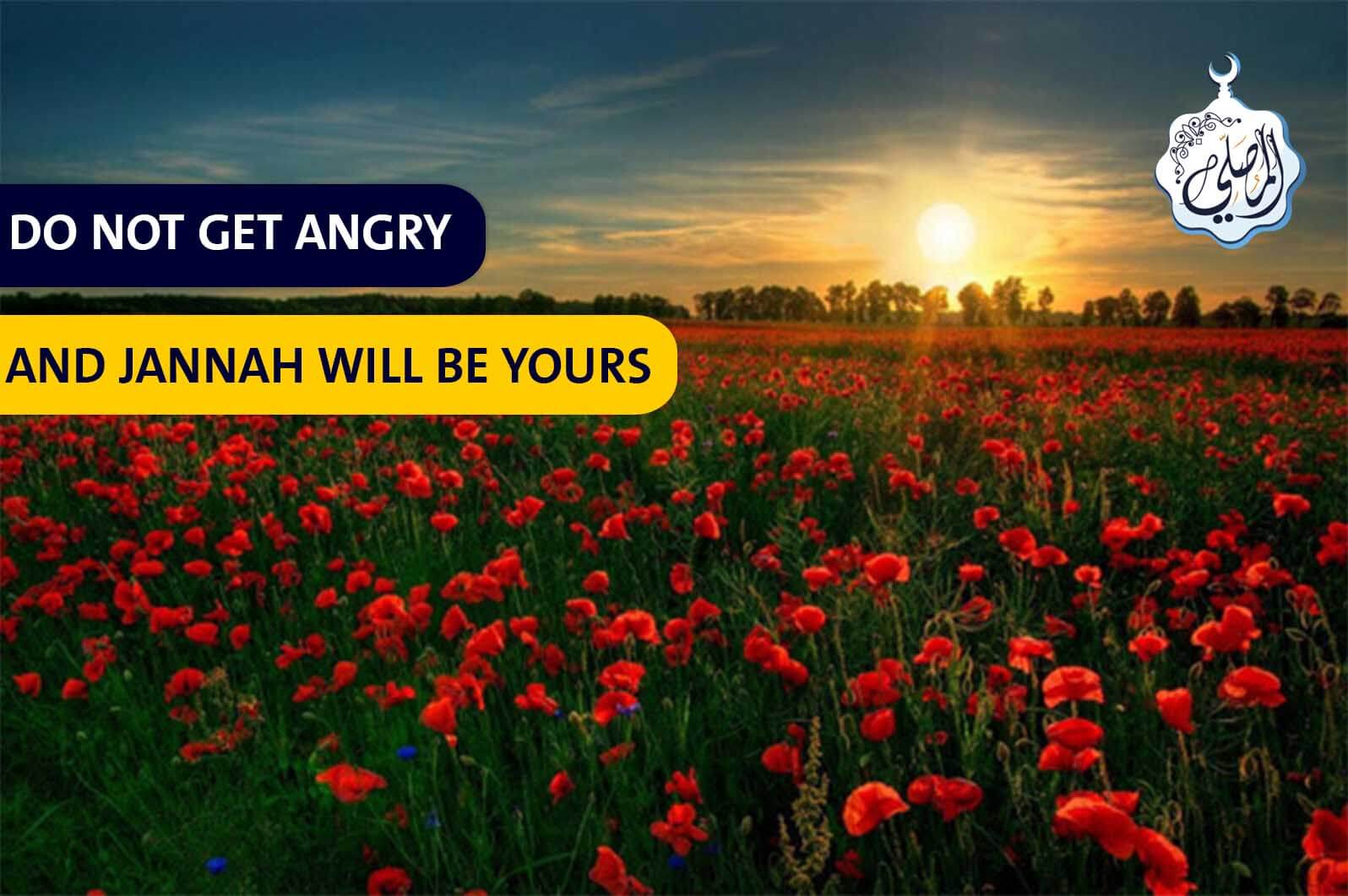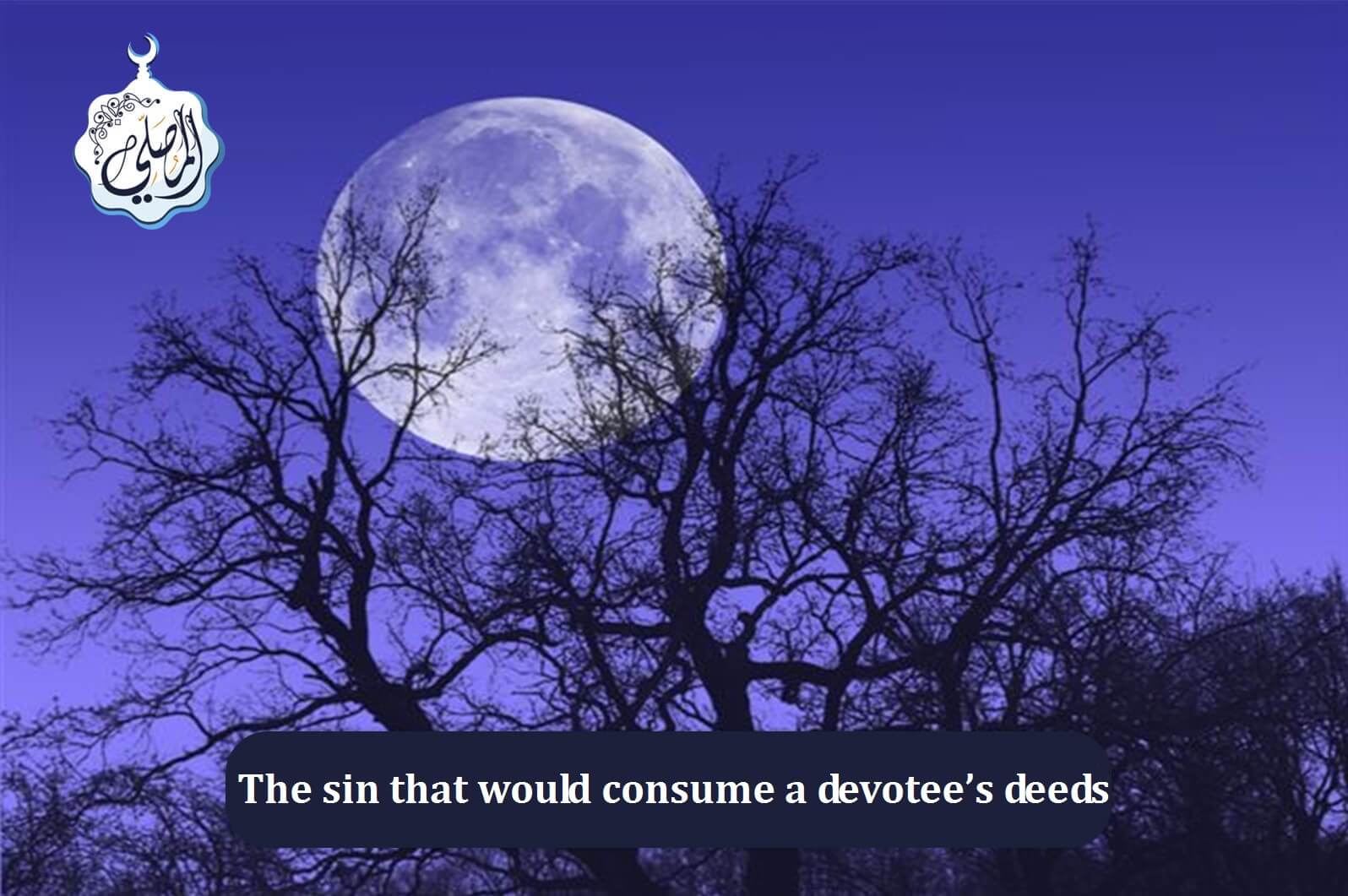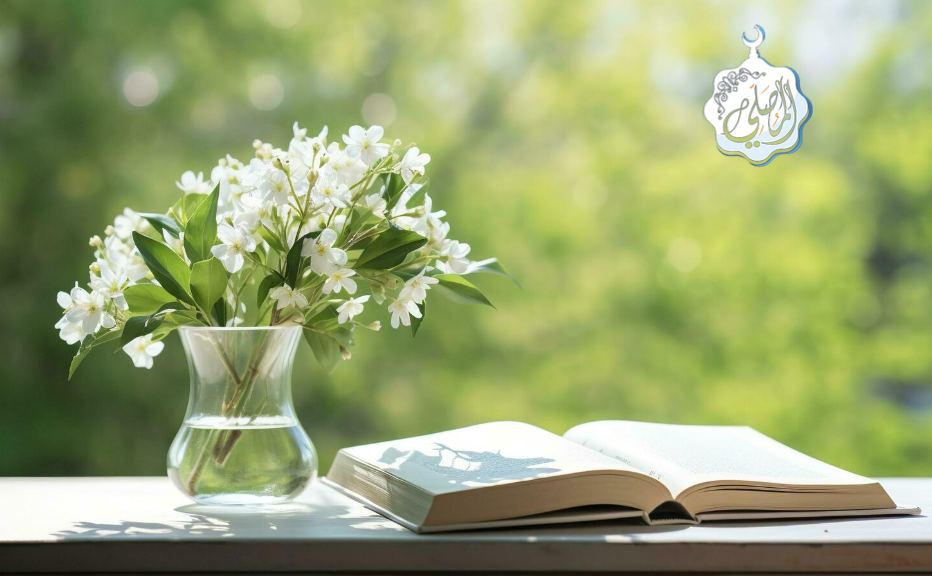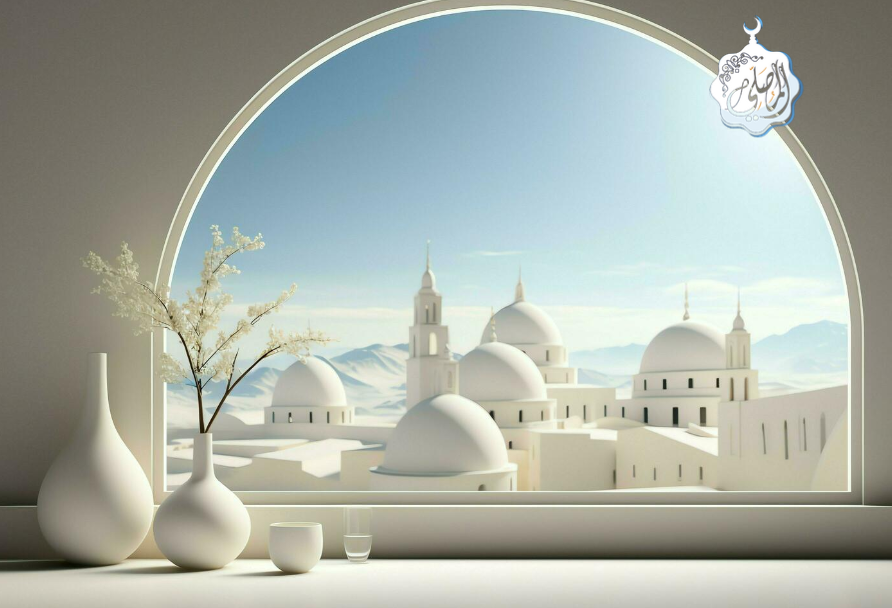
"There is no day on which Allah frees more people from the Fire than the Day of Arafah."
— Prophet Muhammad (ﷺ) (Muslim)
The Day of Arafah (the 9th of Dhul Hijjah) is the crowning jewel of the Islamic calendar. While millions of pilgrims stand in worship on the plains of Arafah, Allah has granted those not performing Hajj an equally incredible opportunity: the fast of Arafah, a single day that can erase two years of sins and bring a believer closer to Allah’s mercy.
This article explores:
✔ The unmatched virtues of fasting Arafah
✔ Who should (and shouldn’t) fast
✔ How to maximize this day for forgiveness and blessings
1. Why Is the Fast of Arafah So Powerful?
A. The Promise of Double Forgiveness
The Prophet (ﷺ) said:
"Fasting the Day of Arafah expiates the sins of the past year and the coming year." (Muslim)
🔹 Imagine: One day of fasting = Two years of sins wiped clean!
B. The Day Allah Boasts About His Servants
On Arafah, Allah descends to the nearest heaven and says:
"Look at My servants, disheveled and dusty [from Hajj]. I call you to witness that I have forgiven them!" (Ahmad, Sahih)
🔹 Even if you’re not at Hajj, fasting connects you to this divine mercy.
C. The Day the Religion Was Perfected
Allah revealed on Arafah:
"This day I have perfected for you your religion..." (Quran 5:3)
🔹 Fasting this day is a celebration of Islam’s completion.
2. Who Should Fast Arafah?
✅ Fast If You Are:
Not performing Hajj (pilgrims do not fast; it’s Sunnah for them to eat for strength).
Healthy (no medical conditions preventing fasting).
Older children (parents can encourage voluntary fasting).
❌ Do NOT Fast If You Are:
A pilgrim on Hajj (the Prophet ﷺ did not fast while standing at Arafah).
Sick, pregnant, or breastfeeding (if fasting would cause harm).
3. How to Maximize Your Arafah Fast
A. The Intention Matters
Before dawn, sincerely intend:
"Nawaytu sawma ghadin ‘an ada’i sunnati Arafah lillahi ta’ala."
("I intend to fast the Sunnah of Arafah tomorrow for Allah’s sake.")
B. Combine Fasting with Other Good Deeds
✔ Increase Dhikr (especially "La ilaha illallah wahdahu la sharika lah…").
✔ Give charity (even a small amount).
✔ Pray Tahajjud the night before.
C. The Best Duas to Make
At Iftar time, raise your hands and ask Allah for:
Forgiveness ("Allahumma ghfir li dhunubi kullaha").
Freedom from the Fire ("Allahumma ajirni min an-nar").
All your needs (this is a prime time for dua acceptance).









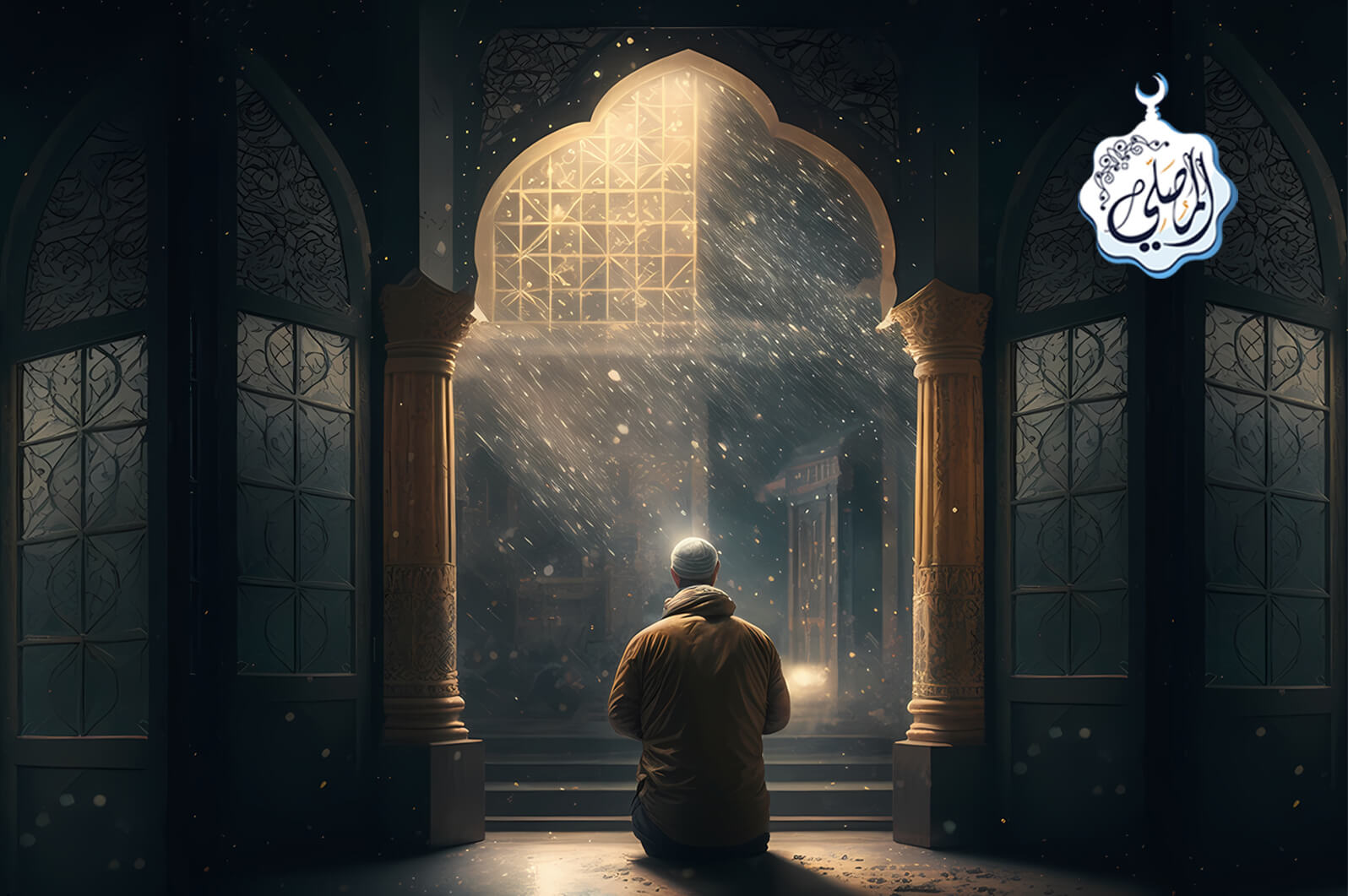
 share facebook
share facebook share whatsApp
share whatsApp share twitter
share twitter share telegram
share telegram copy
copy